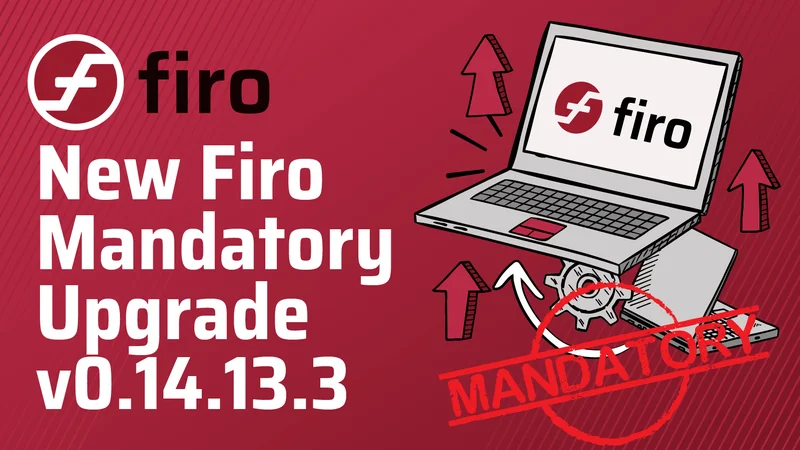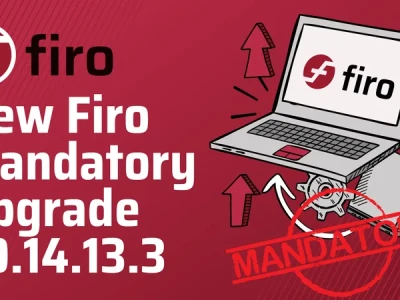Even without a mountain of facts, the essence of innovation often begins as a whisper, a bold idea sparking in the digital ether. And right now, that whisper is growing into a roar, hinting at a future where our digital lives aren't just protected, but truly empowered. We’re not just talking about incremental upgrades; we're on the cusp of a paradigm shift, a foundational re-architecture of how we interact with the digital world. This isn't just about faster networks or shinier gadgets; it's about reclaiming our digital sovereignty, forging a future where privacy isn't a privilege, but a fundamental right, woven into the very fabric of our online existence.
The Invisible Revolution: Reclaiming Our Digital Selves
For too long, we’ve existed in a digital landscape that felt less like a public square and more like a panopticon, every click, every search, every interaction meticulously logged and monetized. Our data, our digital identities, have become commodities, traded and exploited, often without our explicit consent or even our awareness. It's a system that’s inherently broken, and honestly, when I look at the constant stream of data breaches and privacy infringements, I feel a deep frustration, a sense that we’ve collectively failed to build the internet we truly deserve. But what if there was another way? What if we could build a digital realm where you, the individual, are the ultimate arbiter of your own information?
Imagine a world where your digital footprint isn't a breadcrumb trail for every data miner and malicious actor, but a carefully curated, self-sovereign identity, a realm where your personal information isn't just protected but empowered, giving you unprecedented control over who sees what and when, fundamentally shifting the power dynamics of the internet. This isn't some far-off sci-fi fantasy; the foundational elements are already here, simmering in the labs and open-source communities. We’re talking about technologies that don’t just encrypt your data, but allow you to prove things about yourself without revealing the underlying information. This uses quantum entanglement—in simpler terms, it means you can prove something is true without revealing what it is, a kind of digital magic trick that could redefine trust online.
Think of it like this: right now, proving your age online is like showing your entire passport to everyone. In this new world, it’s like showing a bouncer a special, unforgeable holographic ID that only confirms you're over 21, nothing else. This isn't just a minor improvement; it’s a complete re-imagining of how digital trust and identity function. And this is where projects like firo crypto, with its focus on robust privacy-preserving transactions, become more than just a niche interest; they become crucial building blocks for this larger, more ethical digital architecture. The speed of this evolution is just staggering—it means the gap between today and tomorrow is closing faster than we can even comprehend, promising a future where our digital selves are truly our own.

The Architecture of Trust: Building Tomorrow's Internet Today
The real genius of this emerging architecture lies in its decentralization. Instead of relying on monolithic, centralized entities to guard our data—entities that have repeatedly proven vulnerable—we’re moving towards a system where control is distributed, where trust is mathematical, not corporate. This is the internet's next great leap, a "thought leap" akin to the invention of the printing press, which democratized information and reshaped society. Just as Gutenberg's invention shattered the monopoly on knowledge, these new privacy technologies are poised to shatter the monopoly on data, putting power back into the hands of individuals.
Of course, there’s always skepticism. I've heard the whispers, "It's too complex," or "It'll never scale," or "Privacy is just for criminals." But I see those arguments as the echoes of a dying paradigm. The truth is, the demand for privacy is universal, a fundamental human need that transcends any specific use case. The question isn't if these technologies will scale, but how quickly we can deploy them responsibly. We need to ask ourselves: are we building a digital world that serves humanity, or one that merely exploits it? What kind of legacy do we want to leave for the next generation of digital citizens?
The beauty here is that the community is already rallying. I’ve seen discussions on Reddit, vibrant and full of hopeful speculation, where people aren't just asking if this is possible, but how we can accelerate its arrival. They’re talking about a future where online voting is secure, where medical records are truly private, where small businesses can compete without being outmaneuvered by data giants. This isn't just about avoiding surveillance; it's about unlocking human potential, fostering creativity, and enabling genuine freedom of expression online. The ethical considerations are profound, certainly – with great power comes great responsibility, and ensuring these tools are used for empowerment, not exploitation, will be our collective challenge. But the promise, my friends, is simply breathtaking.
The Dawn of Digital Freedom
We are witnessing the dawn of digital freedom, a moment where the very foundations of the internet are being re-engineered for the benefit of humanity. This isn't just about technology; it's about philosophy, about reclaiming our inherent rights in an increasingly digital existence. The future isn't just coming; we're actively building it, pixel by pixel, protocol by protocol, towards a more private, more equitable, and ultimately, more human online world.

